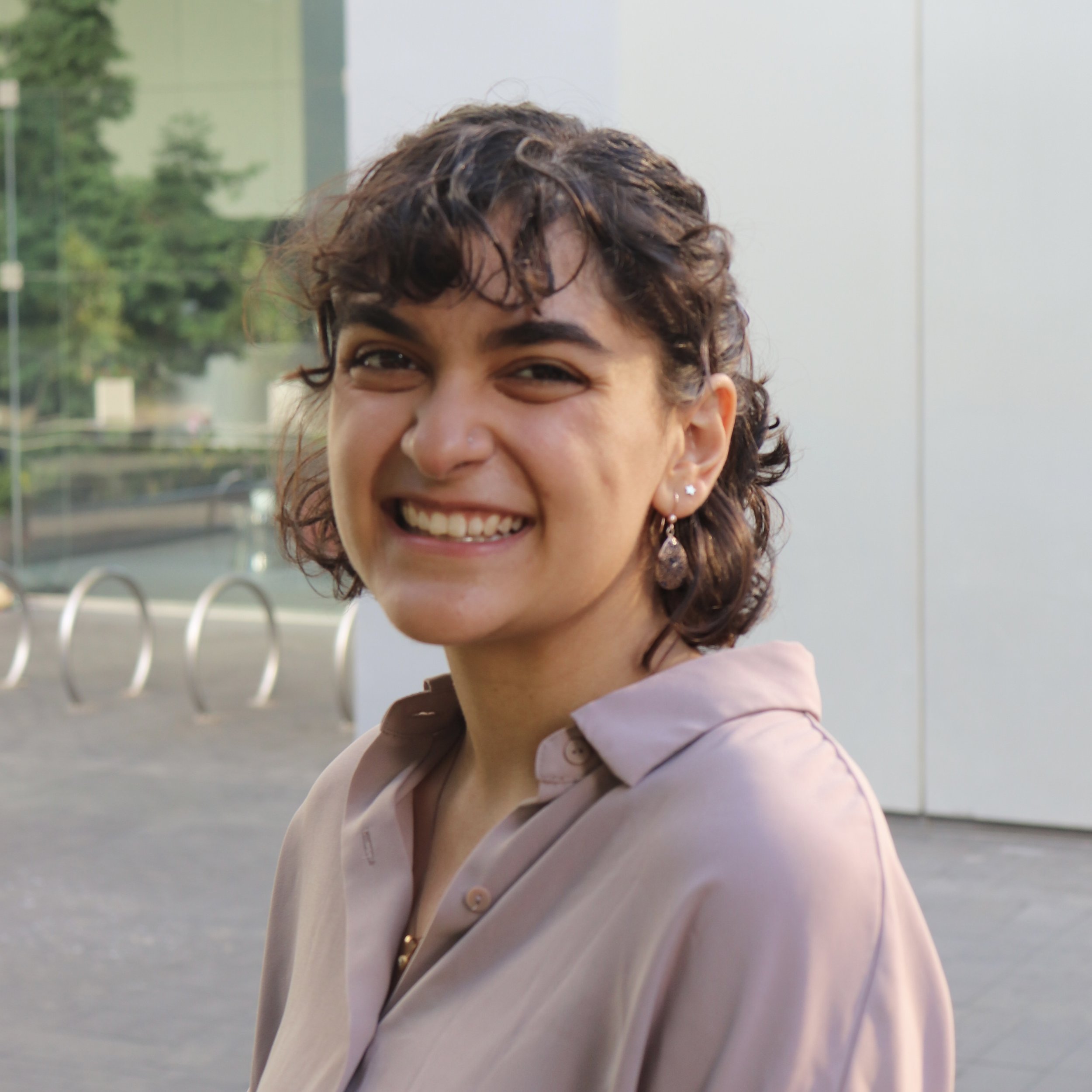Novel Drafts, Starry Night, and the Midnight Sun: How English Majors Have Used the FCLC Dean’s Research and Creative Practice Grant
By Elissa Johnston
Collage by Elizabeth Lake (FCLC ‘23)
Over the last few years, a number of English majors have been awarded funding for their proposed projects through the FCLC Dean’s Undergraduate Research and Creative Practice Grant. Among them are Shan Rao (FCLC ’22), Elizabeth Lake (FCLC ’23), and Annika Suderburg (FCLC ’24). All three of these English majors shared how useful this grant can be for developing creative projects.
The grant offers funding to cover living expenses as well as any additional project-related expenses for eight weeks during the summer. For some, that means travel; for others, that means staying local and giving a project the time and attention it deserves.
Shan Rao used the grant to stay in New York City for the summer. She lived in Manhattan, worked part-time in a bookstore, and focused on producing a draft of the novel she is writing about female friendship. “It was really wonderful to be able to just dedicate that time to writing,” Shan said. “As a student who had been working all through college, I wouldn’t otherwise have had the time to do that... Something about being given this sum of money made you set aside the time really intentionally. It was as if someone was saying that this work was important enough to be honored financially, which is so important and encouraging for young people, and especially young creative people.”
Shan Rao
Shan writing. Photo credit Mengwen Cao.
Elizabeth Lake’s project took her in a different direction: all the way to Amsterdam, Netherlands, and Paris, France. There, she spent her summer writing poetry and prose that engaged with the paintings of Vincent van Gogh. Elizabeth emphasized that the grant money gave her “a very real opportunity” to grow as a writer and to experience the work of this influential Dutch Post-Impressionist in new ways. The project also encouraged her to take her creative abilities seriously. “It taught me to trust my idea and not doubt myself,” she said.
Elizabeth Lake
Another collage Elizabeth made using materials collected during her time in Paris and Amsterdam.
Annika found that the grant gave her a chance to take a “nascent project” and work her way to a much clearer sense of its shape and direction. She spent her summer in Sweden, dividing her time between Stockholm, Gothenburg, and the town of Kiruna. She found her stay in Kiruna to be particularly helpful in crystallizing the setting of the novel she is writing. Kiruna sits north of the Arctic Circle, and being there during the summer solstice gave Annika a chance to experience the phenomenon of the midnight sun—and its effects on sleep—for herself. “It doesn’t seem like ordinary sunlight,” she told me. “It has a hazy, diffuse quality to it. It creates this kind of in-between space.” Her time in the city of Stockholm also showed her the power of place for bringing detailed description to her writing. “Getting this grant told me that it was okay to take up that time in that space and to just write,” Annika said.
The midnight sun near Kiruna, Sweden
All three grant recipients had valuable advice to offer those interested in applying for the grant. They emphasized that working closely with a faculty mentor is hugely important to the application process. They also highly recommended attending the grant’s yearly informational meeting, which takes place early in the spring semester. “Be sure to ask any questions you have there,” said Annika.
Annika and Elizabeth also noted how useful it can be to start the application process by sitting down and figuring out what you want from the opportunity. “What do you want to get out of it?” asked Elizabeth. “That’s where I would start.”
Shan also spoke about how to structure a compelling project proposal. “Grant writing is a marriage of science and narrative,” she said. “You have to have tangible outcomes and goals in a very scientific way, but you also have to tell them a story. And no one can tell a story better than a writer, so go for it.” Elizabeth noted that the process of making an eight-week schedule (a required piece of the application) was necessary, but also that things never go entirely according to plan. “Don’t feel too pressured by it,” she added.
Everyone agreed that the process of applying can be time-consuming, and it certainly requires attention to detail. However, all three of them also encouraged anyone with an idea they are passionate about to apply. "Don’t stress too much,” said Annika. “You might as well apply! You never know what will happen.”





